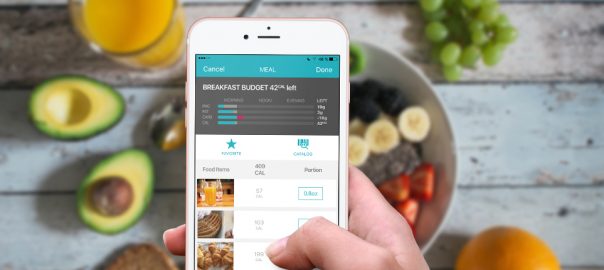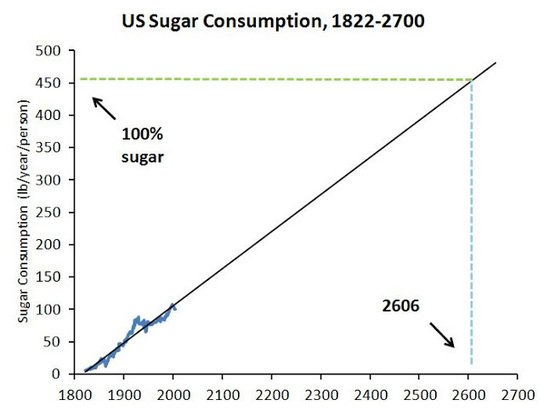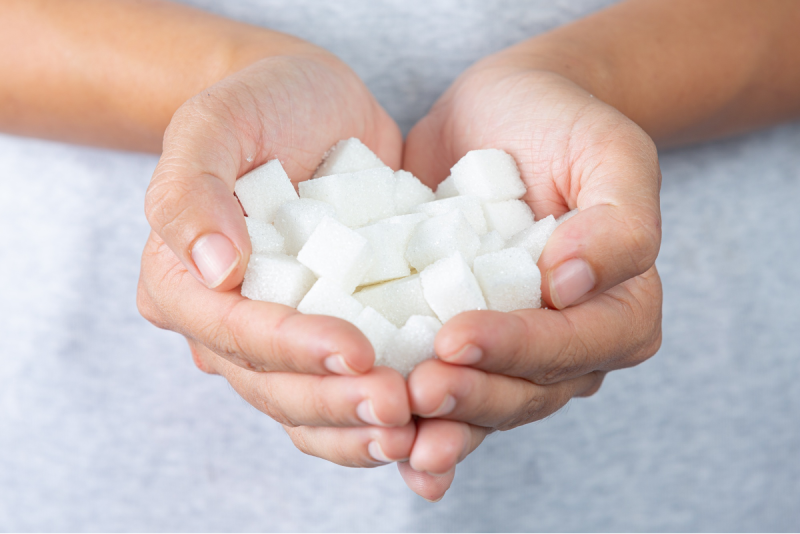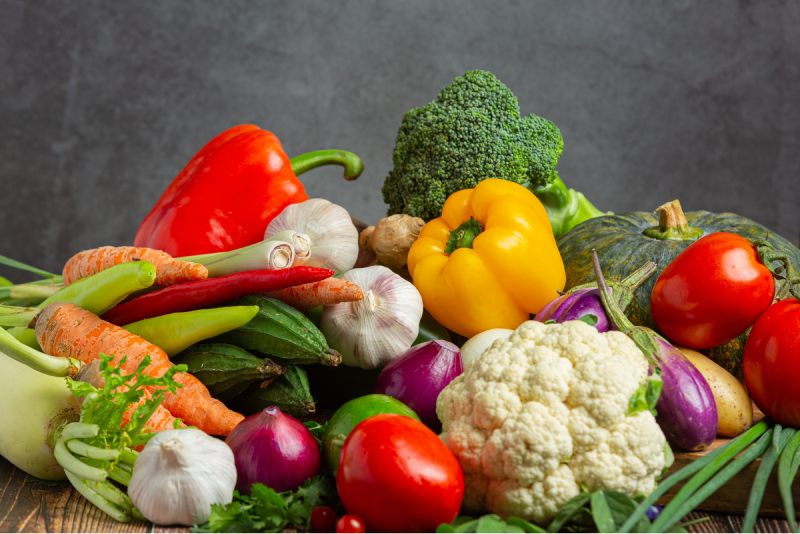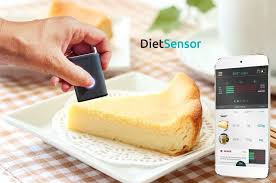
Having diabetes puts people at risk for heart and kidney disease, stroke, amputations, and more. Worse yet, 9 out of 10 of those people don’t even know they have it.
Read the full article at: newyork.cbslocal.com
According to the CDC, there are 86-million Americans with pre-diabetes – with high blood sugar started to becoming full-blown diabetes with a great potential of devastating health effects. And the sad thing is that 9 out of 10 don’t even know they have diabetes. Healthcare providers, payers, and patients expect new technologies and shifts to patient engagement and population health will help the nation’s 29.1 million diabetics manage their condition and reduce the costs associated with this expensive disease. When we think about diabetes, usually the first thing that springs to mind is food. Whether or not your diabetic friend will be able to eat the meal you’ve invited them over for. Or should you get special sweets for your child’s birthday party, so their friend with diabetes doesn’t feel left out? Often we forget about technology and how useful it’s become in making diabetics’ lives easier. People who suffer from diabetes, have to become nutrition experts and learn how to count the carbohydrates in their food. At DietSensor, we want you to fight your fear with knowledge and have made it so easy for you so that you may have a better standard of living. The DietSensor mobile application was developed to help users better manage their health, by providing accurate, easily nutritional information, especially for those who are suffering from being overweight or with chronicle diseases related to nutrition. You can stop being a religious calorie counter – manually logging in meals can be so EXASPERATING, and we are aware of it. The DietSensor app is for people who need to control their daily food intake, especially those who want to effectively tackle weight loss, get in shape or manage diabetes, cholesterol, blood pressure or other chronicle diseases related to nutrition. It is a User-Friendly app, taking you 10 times fewer clicks to log a food than with other manual input methods. The SCiO bluetooth connected molecular sensor is a pocket-sized device that, using near infrared spectroscopy, allows DietSensor to determine the chemical makeup of food and drink. This is all quickly sent and clearly displayed on the DietSensor app on your smartphone. DietSensor gives accurate results with any homogeneous food, even with homemade dishes and beverages that do not have a nutritional label. So you can stay balanced, even when it’s home cooked. The solution: a pocket portable molecular sensor and a mobile application- it’s that simple! These patterns can be tailored to an individual’s personal preferences, enabling Americans to choose the diet that is right for them. There’s also the Smart Diet Scale, which allows you to weight your food, letting you more precisely calculate the calories and nutrients in your meal than if you just eyeballed it! However a first scale will be available this year, and the pocket size scale should come in 2017. For more info visit DietSensor.com or join our list dietsensor.com/wait-list/.

